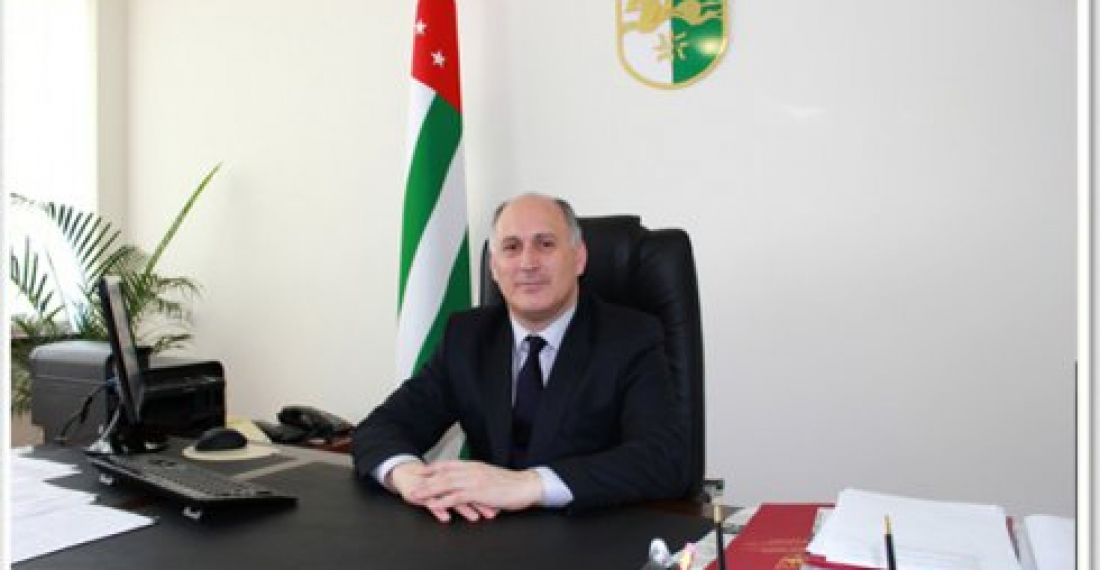The Abkhaz Foreign Minister, Vladislav Chirikba will not form part of the new Ministry that is currently being put together in the self-declared Republic.
The Russian news agency TASS reported this morning that Chirikba on Tuesday (20 September) issued a statement in which he said, "I don't find it possible for me to continue working as Foreign minister of the Abkhazia Republic. I hope that the country's foreign policy will remain unchanged. I cordially thank the ministry's team for its well-coordinated work on strengthening positions of the republic of Abkhazia on the international arena." He has been the head of the ministry since 2011.
Earlier TASS reported that Beslan Bartsits, who was appointed as Prime Minister on 5 August, after the resignation of Arthur Mikvabiya, formed a new government.
To date, all appointments have been made expect for Foreign Minister, Tax Minister as well as head of the state administration on energy and transport and heads of several committees.
Abkhazia seceded from Georgia during armed conflict in the early 1990s. In 2008 it was recognised as an independent state by Russia and a handful of other countries, but most of the international comunity still recognise Abkhazia as part of Georgia.
source; comonspace.eu with TASS (Moscow)
photo: Vladislav Cirikba (archive picture)







